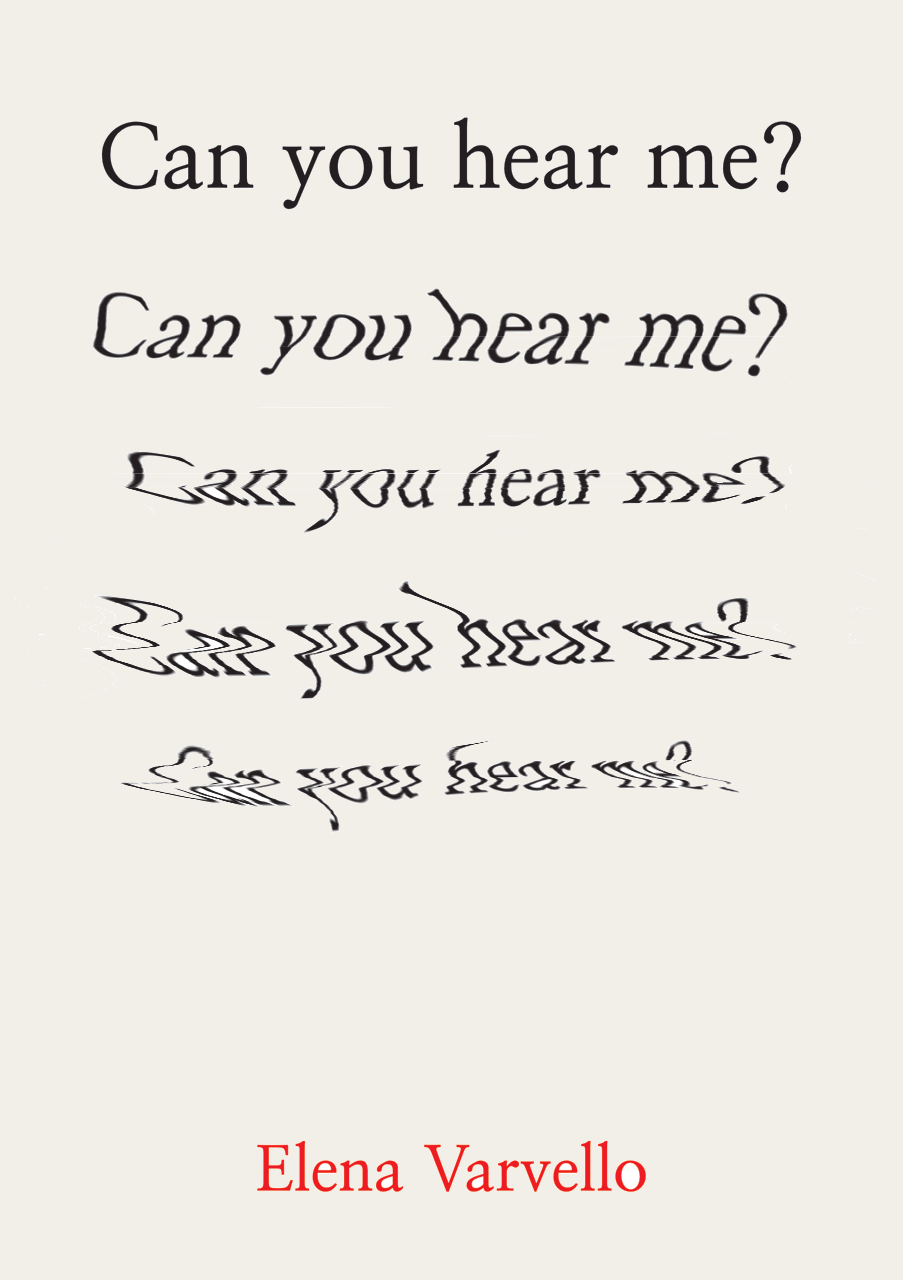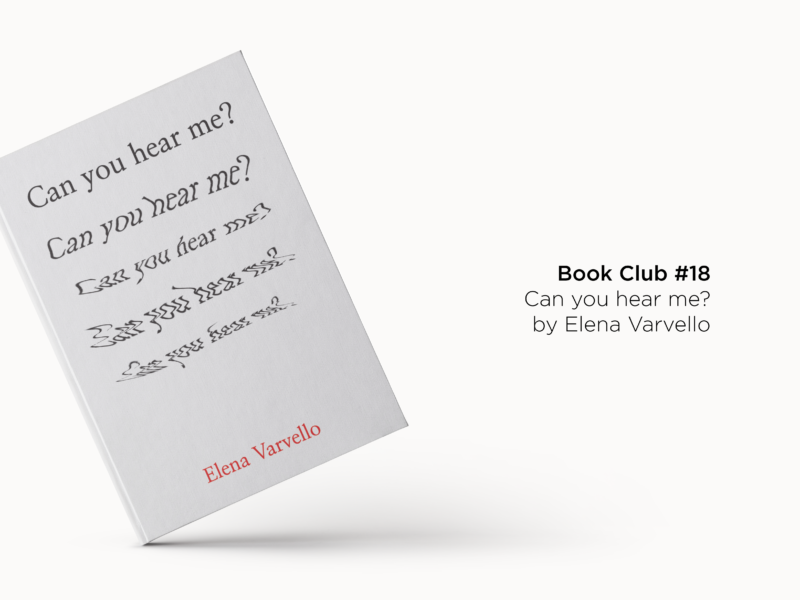Elena Varvello’s Italian thriller was my second holiday read this year. It was a book I picked up on a whim to fill my beach reading quota and I’m so glad I did. Part crime thriller, part coming of age story, Varvello’s first novel to be translated into English is full of tension and it certainly kept me turning pages, even while cooking.
In lieu of me writing a summary, I thought I’d share the introduction from the back of the jacket:
Ponte, a small community in Northern Italy. An unbearably hot summer like many others.
But then everything starts to unravel.
Elia’s father, Ettore, is let go from his job and loses himself in the darkest corners of his mind.
And a girl climbs into a van and vanishes in the deep, dark woods…”
Intrigued yet?
As a crime thriller fan, I definitely was. Can you hear me? is split into two narratives, the first being a violent thriller. Within that plot, your attention is mainly focused on the story of that young girl who disappears into the woods. While Varvello hasn’t constructed your classic whodunnit mystery, there is always enough left unsaid to keep you reading even when your pasta is about to boil over. There’s also a good deal of quiet horror, it’s a novel, because it lacks the formula of a procedural drama, that deals well with the terror of those who are left behind in the wake of violence.
The other half of the novel is dedicated to Elia’s own coming of age story, which is a tale of infatuation, friendship, and a first foot into independence. Personally, I was much more invested in the thriller half of the novel, but I never felt Elia’s coming of age was a burden to read. In fact, I felt the thriller plot fed well into the bildungsroman, because as Elia becomes a man his father begins to unravel in front of him.

Varvello “says in a brief foreword, the book is partly autobiographical. Varvello’s father had bipolar disorder. She has, she explains, mixed the invented Elia’s tale and imaginings with her “own story”” This autobiographical detail means the mental health aspect of the novel is handled sensitively, despite the violence perpetrated by its bipolar character. I think it’s worth putting in the reminder here that while over a third of the public think people with a mental health problem are likely to be violent – in fact people with severe mental illnesses are more likely to be victims, rather than perpetrators, of violent crime.
I agree with Joanna Briscoe’s conclusion that a full memoir of Varvello and her father would have certainly had weight. However, I think the blend of personal experience and imagined narrative works well here, even if it stalls in places, because it widens the appeal of an account of living with a parent with bipolar disorder.
Because of its split narrative I can see Can you hear me? appealing to a wider audience than your average crime thriller. So, if you’re on the lookout for a holiday read which will keep you on the edge of your sunlounger, then look no further.
SOME QUESTIONS TO PONDER AS YOU READ
- How well do you think Varvello manages the dual narrative structure? Did either story catch your interest more?
- Elia narrates both stories, how reliable is he as a narrator?
- Can you hear me? is set in Ponte, what impact does its Italian backdrop affect the feel of the novel?
- Varvello has been compared to Ferrante, other than a shared first name, can you see any similarities between their works?
IF YOU WANT SOME FURTHER READING TRY…
- As normal, I’m starting with a Guardian review. Joanna Briscoe’s hones in on the tension in the form of the novel, and critiques the moments where Varvello doesn’t quite resolve that tension.
- The Lonesome Reader’s review is much more in line with my own experience of the novel – however, it’s far better written
- If you’re looking for a more indepth intro to the book before you read it, The Criminal Element sets the story up nicely
- Short but sweet, The Independent’s review is probably my favourite
IF YOU WANT MORE BOOKS LIKE THIS HAVE A LOOK AT…
- Truman Capote’s, In Cold Blood
- Alice Sebold’s, The Lovely Bones
- Terri Cheney’s, Manic: A Memoir
- Elena Ferrante’s, My Brilliant Friend


